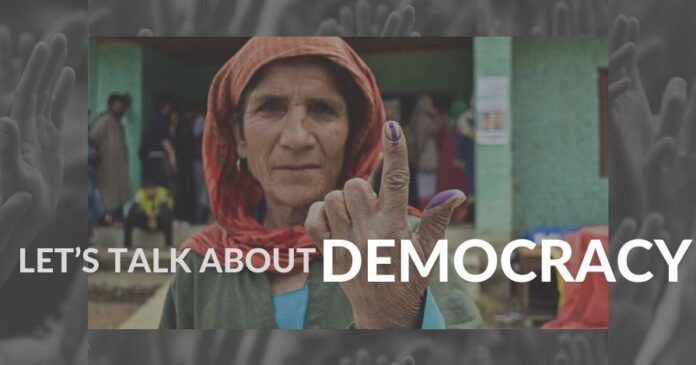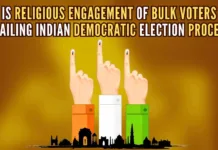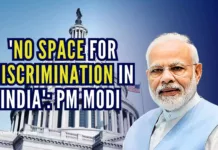
What does Democracy mean?
Essentially it means a government elected by a majority acts as the people’s representative, it’s not a monarchist, aristocratic or authoritarian system.
What sets the parameters for a representative government?
A constitution, the rule of law, precedent and principles; a government’s laws should support pluralistic and egalitarian principals. Cleisthenes, founder of Athenian democracy believed the government should do what was best for its citizens.
The interdependency of democracy and law can be summarised in the archive of quotes from around the world, from Hu Jintao, Shinzo Abe to Meles Zenawi. Caroline Kennedy said, “The bedrock of our democracy is the rule of law and that means we have to have an independent judiciary, judges who can make decisions independent of the winds that are blowing”. Barrack Obama said, “A democracy requires accountability, and accountability requires transparency.” At the heart of all this is the fact that democracy does not function without legitimate accountability.
If the political representatives cannot uphold the conditions of democracy, then they have probably not accepted democracy.
What are some of the benefits of Democracy?
- Equality, the protection of minorities and the inalienable rights of all citizens
- Freedom, to be, to think, to be different, to trade in a free market. And intrinsic in this is freedom of the press, the media upholds democracy acting as the check and balance of government control, without information and opinions citizens are deprived and their decision making will be impaired.
History is littered examples of democracy not working; what can undermine Democracy?
- Poverty: the stagnation citizens feel when their lives are not progressing, inequality creates instability which can result in rebellion
- Geopolitical circumstances: reacting with bad judgment- Bush/Blair Iraq war, Huawei controversy
- Human error: administrative bad judgement, Theresa May’s divided cabinet led to procrastination over Brexit; or economic bad judgment/a malfunctioning economy, Lehman Brothers subprime mortgages led to the global financial crisis of 2008
- “Conduct unbecoming”: (a bad judgment which discredits the position of trust held- ), which might involve succumbing to personal weaknesses, such as vanity, greed, ego; power brings new opportunities to indulge in individual personal failings, which introduces sex and corruption, cash and quid pro quo
- Corruption: in the forms of graft, cronyism, extortion, nepotism, bribery and embezzlement
The outlook for democracy is unreliable if a cocktail of the above manifests.
Why the Rule of Law should be respected
- For all wrongdoers to be held accountable is for citizens to receive the benefit of democracy.
- The way a government/court of law treats its citizens is a mirror of its democratic values.
- How can there be democracy without accountability? If the political representatives cannot uphold the conditions of democracy, then they have probably not accepted democracy.
Idealism is not the answer and there is no one formula for good, the intention to do good is a good start and intention starts by delivering accountability across the board. By good governance, the representatives will maintain the confidence of the folks that put them there.
To end a beautiful quote to reflect on, from my neighbour the brilliant philosopher Sir Roger Scruton 1944-2020.
“All of us need an identity which unites us with our neighbours, our countrymen, those people who are subject to the same rules and the same laws as us, those people with whom we might one day have to fight side by side to protect our inheritance, those people with whom we will suffer when attacked, those people whose destinies are in some way tied up with our own.”
Note:
1. The views expressed here are those of the author and do not necessarily represent or reflect the views of PGurus.
- Dr Swamy takes on China, its bullish attitude and how to dish it back to them - May 6, 2021
- Swamy to restore just 2 more temples against 40k destroyed by Mughals - February 19, 2021
- Let’s talk about Democracy - February 3, 2020











Thanks for Sharing This Useful Information.
Thanks for Sharing This Useful Information.
Hello, Antonia Filmer
Good information about democracy nice article I respect our democracy